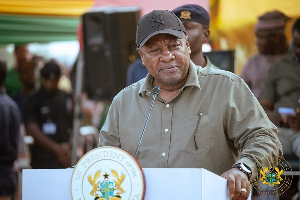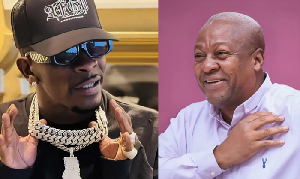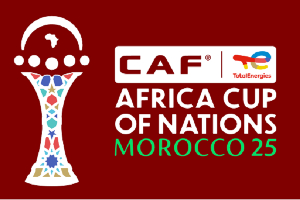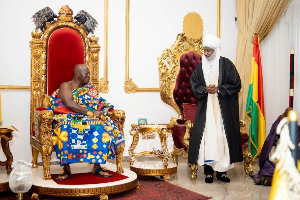Madam She-Vera Anzagira, Greater Accra and Volta Regional Programme Manager, Action Aid Ghana, has urged the Government to expand and build more basic schools to accommodate the growing student population.
She said spacious and adequate classrooms would enable school children adhere to COVID-19 protocols, especially the one-meter social distancing rule and also create a congenial atmosphere for learning.
Speaking in an interview with the Ghana News Agency, she said the situation would help make the Free Compulsory Universal Basic Education (FCUBE)a reality.
Mrs Anzagira said an ActionAid Ghana’s recent commissioned study titled “Financing Education in Ghana” revealed that the rate of infrastructure growth in the public sector at the basic level was low
She stated that of the 5641 primary schools in Greater Accra, 2232 belonged to the private sector while 859 were owned by the state.
Narrowing it down to the Ga South Municipal, which was study area, Madam Anzagira said at the kindergarten level, the state had an average of about 78 schools in that local area compared to that of private with about 128 schools.
She said it also showed that in the district, about two-thirds of basic education was provided through private schools, with many children interviewed not being in school because of their inability to pay indirect fees.
“51 out of 336 children translating to about 15.2 per cent in the respondent’s households of Ga South Municipality were out of school, due to financial difficulties. This seems to confirm a high dropout rate considering the very low Gross,” she said
She said the study revealed that peri-urban areas like Kasoa had a high school attendance rate of about 88 per cent and the education system was dominated by private providers.
“Private schools cost households about 54 per cent more per student than public schools. The average total household cost in public schools is Ghc793 against private schools, which is Ghc1, 218 a year,” she noted.
Madam Anzagira said the continuous increase of private education, was widening the inequality gap in the education system saying, “Generally there are people who can afford private education but studies has shown that there low-income earners who cannot afford so their children are out of school.
“This is creating a division within the society between people who can access elite expensive private schools, and those who cannot. This violates the Abidjan Principles on Education and shows that the increasing role of private providers is supplanting public education rather than providing an alternative”.
Madam Anzagira described the issue as a violation of the right to education of children and that no child should be excluded from basic education because of his or her inability to pay fees and lack of access.
Governments over the years, she said, had attributed to the failure to providing infrastructure to low revenue generation in the form of taxes.
She suggested that the government could raise more domestic revenue by curbing tax leakages such as tax incentives and illicit flows to fund education.
General News of Thursday, 17 September 2020
Source: GNA













